A Comparative Look at Vermont and New Hampshire: Exploring Two New England Gems
Related Articles: A Comparative Look at Vermont and New Hampshire: Exploring Two New England Gems
Introduction
In this auspicious occasion, we are delighted to delve into the intriguing topic related to A Comparative Look at Vermont and New Hampshire: Exploring Two New England Gems. Let’s weave interesting information and offer fresh perspectives to the readers.
Table of Content
A Comparative Look at Vermont and New Hampshire: Exploring Two New England Gems

Vermont and New Hampshire, nestled in the heart of New England, share a rich history, breathtaking landscapes, and a distinct charm that draws visitors and residents alike. While often perceived as similar, these neighboring states possess unique characteristics that set them apart. This exploration will delve into the geographical, cultural, and economic aspects of Vermont and New Hampshire, providing a comprehensive understanding of their individual identities and the factors that make them both appealing destinations.
A Geographical Comparison: Mountains, Lakes, and Forests
Both Vermont and New Hampshire boast stunning natural beauty, with rolling hills, towering mountains, crystal-clear lakes, and dense forests. The Green Mountains, which traverse the length of Vermont, are a dominant feature, reaching heights of over 4,000 feet. New Hampshire, on the other hand, is home to the White Mountains, which boast the highest peak in the Northeast, Mount Washington, at 6,288 feet. This elevation difference contributes to distinct microclimates, with Vermont experiencing slightly cooler temperatures and more consistent snowfall than New Hampshire.
The presence of numerous lakes and rivers adds to the allure of both states. Vermont is known for its "Champlain Valley," a region bordering Lake Champlain, the sixth-largest lake in the United States. New Hampshire, meanwhile, features picturesque lakes like Lake Winnipesaukee, renowned for its scenic beauty and recreational opportunities.
Cultural Differences: A Blend of Tradition and Modernity
Despite their geographical proximity, Vermont and New Hampshire have developed distinct cultural identities. Vermont, often associated with its agricultural heritage, retains a strong sense of community and a focus on local traditions. The state is known for its maple syrup production, dairy farming, and artisanal crafts. Vermont’s cultural landscape is also influenced by its strong environmentalist movement, with a focus on sustainability and preserving its natural beauty.
New Hampshire, in contrast, exhibits a more diverse cultural tapestry. While maintaining a strong connection to its rural roots, the state has embraced a more cosmopolitan vibe, particularly in its larger cities like Manchester and Nashua. New Hampshire’s cultural scene is characterized by a thriving arts community, a vibrant culinary scene, and a growing tech industry.
Economic Landscapes: Diversification and Growth
Both Vermont and New Hampshire have experienced economic transformations over the years, adapting to changing national and global trends. Vermont’s economy remains heavily reliant on agriculture, tourism, and small businesses. The state has actively pursued initiatives to diversify its economy, particularly in areas like renewable energy and biotechnology.
New Hampshire, with its proximity to major metropolitan areas like Boston, has witnessed significant growth in its technology sector. The state has also become a popular destination for retirees and young professionals seeking a high quality of life. However, New Hampshire’s economic landscape is marked by a lower cost of living compared to Vermont, attracting individuals seeking affordability.
Educational Opportunities: From Rural Schools to Prestigious Universities
Both Vermont and New Hampshire offer a wide range of educational opportunities, from rural schools to prestigious universities. Vermont is home to the University of Vermont, a public research university, and Middlebury College, a highly selective liberal arts institution. New Hampshire boasts Dartmouth College, a renowned Ivy League university, and the University of New Hampshire, a public research university with a strong focus on technology and innovation.
Tourism and Recreation: A Paradise for Outdoor Enthusiasts
Vermont and New Hampshire are renowned for their outdoor recreation opportunities, attracting nature lovers and adventure seekers from around the world. Vermont’s Green Mountains offer hiking, skiing, and mountain biking trails, while its lakes and rivers provide opportunities for fishing, kayaking, and swimming.
New Hampshire’s White Mountains offer even more challenging trails for hiking, climbing, and skiing. The state’s lakes and rivers are also popular destinations for boating, swimming, and fishing. Both states offer scenic drives, charming towns, and historical sites, making them ideal destinations for exploring New England’s rich heritage.
FAQs: Addressing Common Questions about Vermont and New Hampshire
1. Which state has a higher cost of living?
Vermont generally has a higher cost of living than New Hampshire. This is primarily due to the higher cost of housing in Vermont, particularly in its more popular tourist areas.
2. Which state has a stronger economy?
New Hampshire has a stronger economy than Vermont, with a higher GDP per capita and a lower unemployment rate. This is attributed to its thriving technology sector and lower cost of living, which attracts businesses and residents.
3. Which state is better for families?
Both Vermont and New Hampshire offer excellent opportunities for families. Vermont boasts a strong sense of community and a focus on education, while New Hampshire provides a more affordable lifestyle and a wider range of family-friendly activities.
4. Which state is better for retirees?
Both Vermont and New Hampshire are popular destinations for retirees. Vermont offers a peaceful and scenic environment, while New Hampshire provides a lower cost of living and a more active lifestyle.
5. Which state is better for outdoor enthusiasts?
Both Vermont and New Hampshire are ideal for outdoor enthusiasts. Vermont’s Green Mountains offer hiking, skiing, and mountain biking trails, while New Hampshire’s White Mountains provide more challenging trails and a wider range of outdoor activities.
Tips for Exploring Vermont and New Hampshire
1. Plan your trip based on your interests. Both states offer diverse activities, from hiking and skiing to cultural events and culinary experiences.
2. Consider the time of year. Vermont and New Hampshire experience distinct seasons, each offering unique attractions and activities.
3. Explore the smaller towns and villages. Both states are home to charming towns and villages that offer a glimpse into their local culture and history.
4. Sample the local cuisine. Vermont and New Hampshire are known for their fresh, locally sourced food, including maple syrup, dairy products, and seafood.
5. Respect the environment. Both states are known for their natural beauty, so it’s important to leave no trace and respect the local wildlife.
Conclusion: Embracing the Unique Charms of Vermont and New Hampshire
Vermont and New Hampshire, despite their similarities, offer distinct experiences that cater to diverse interests. Vermont, with its agricultural heritage and focus on sustainability, appeals to those seeking a slower pace of life and a strong sense of community. New Hampshire, with its vibrant economy and diverse cultural scene, attracts those seeking a more cosmopolitan lifestyle and a lower cost of living. Ultimately, the choice between these two New England gems comes down to personal preferences and priorities. Whether seeking a peaceful retreat in the mountains or a thriving urban center, both Vermont and New Hampshire offer a unique blend of natural beauty, cultural richness, and economic opportunity.
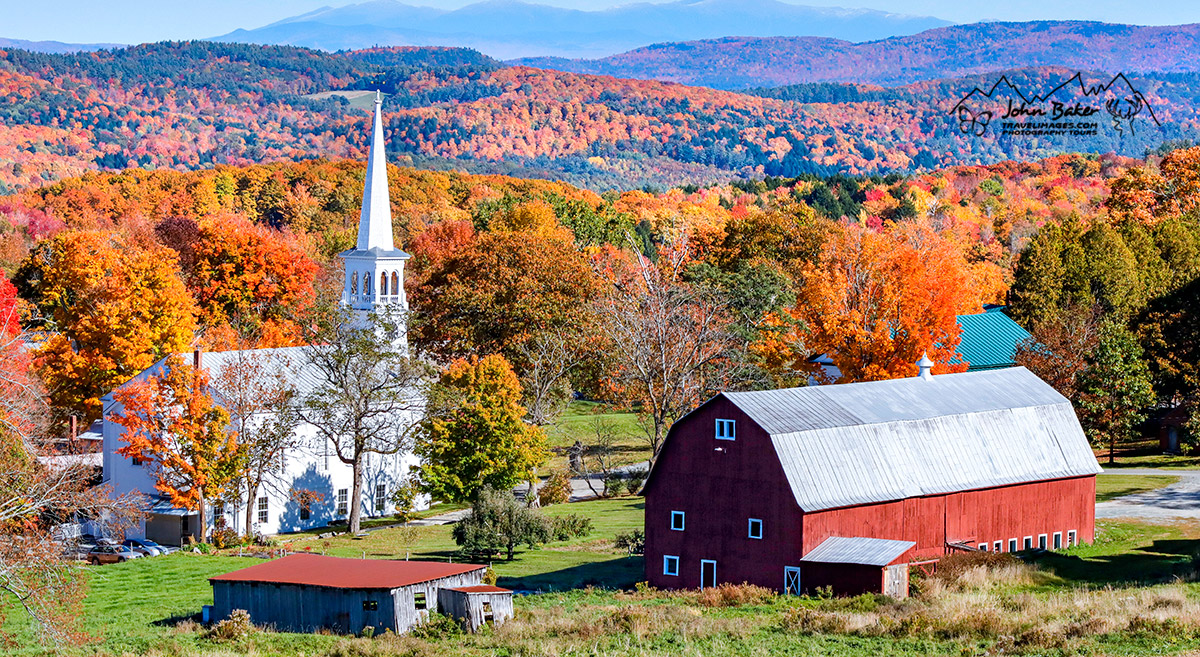
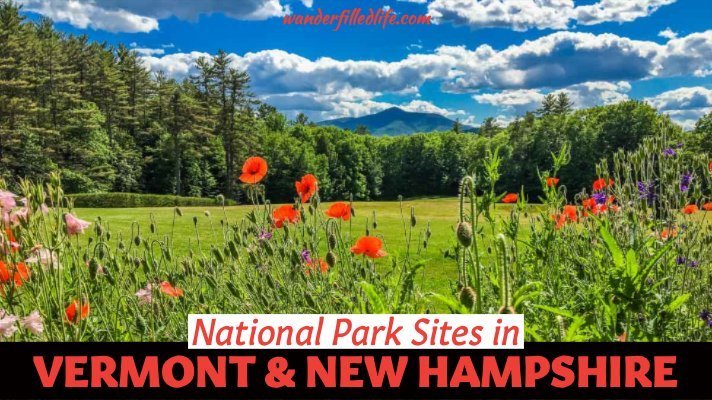



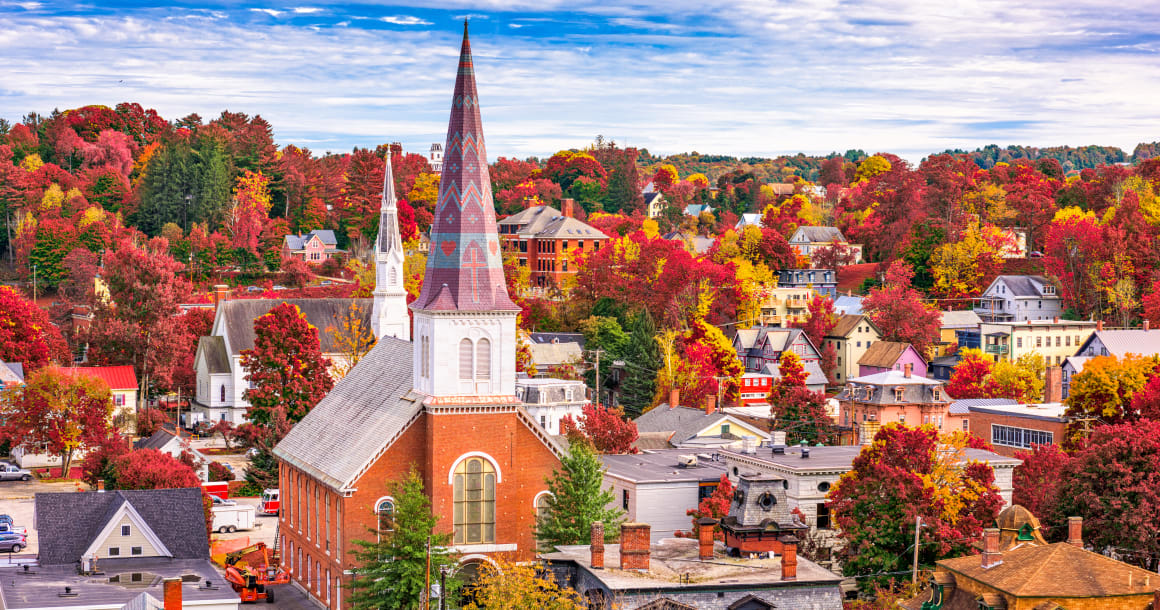
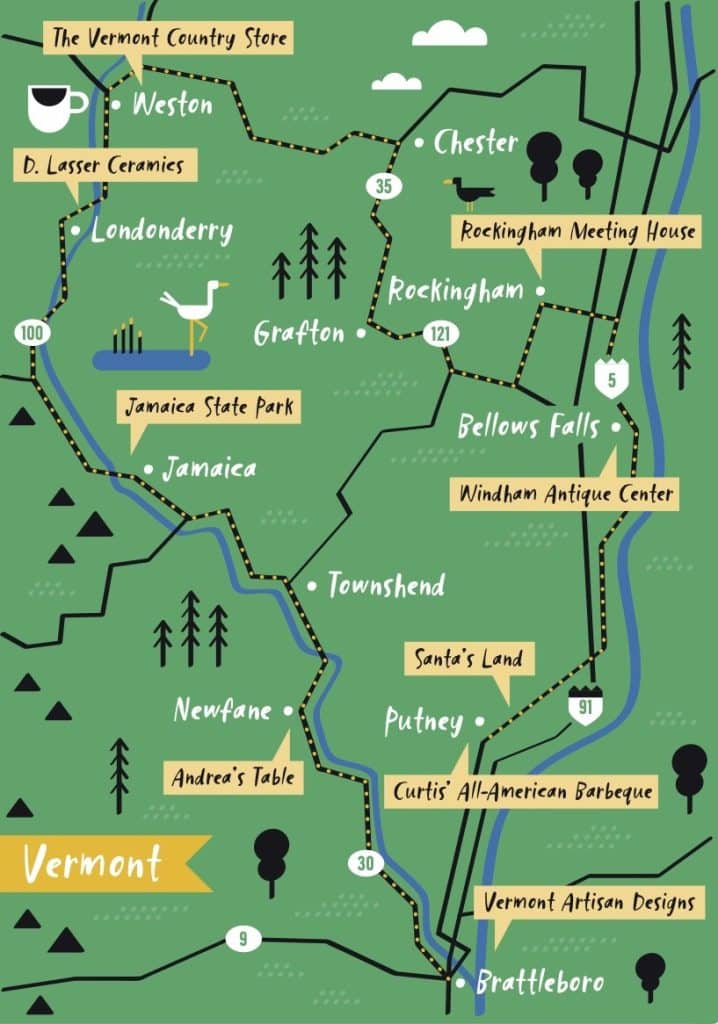
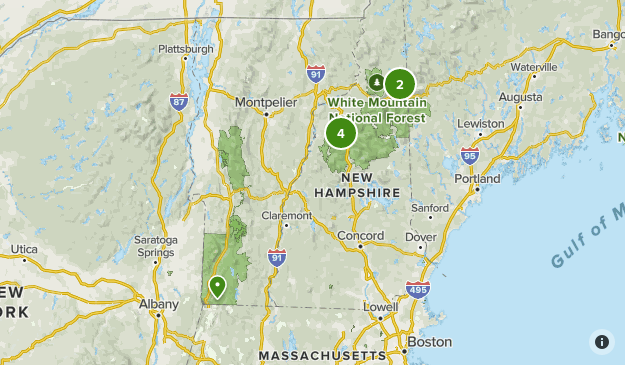
Closure
Thus, we hope this article has provided valuable insights into A Comparative Look at Vermont and New Hampshire: Exploring Two New England Gems. We hope you find this article informative and beneficial. See you in our next article!